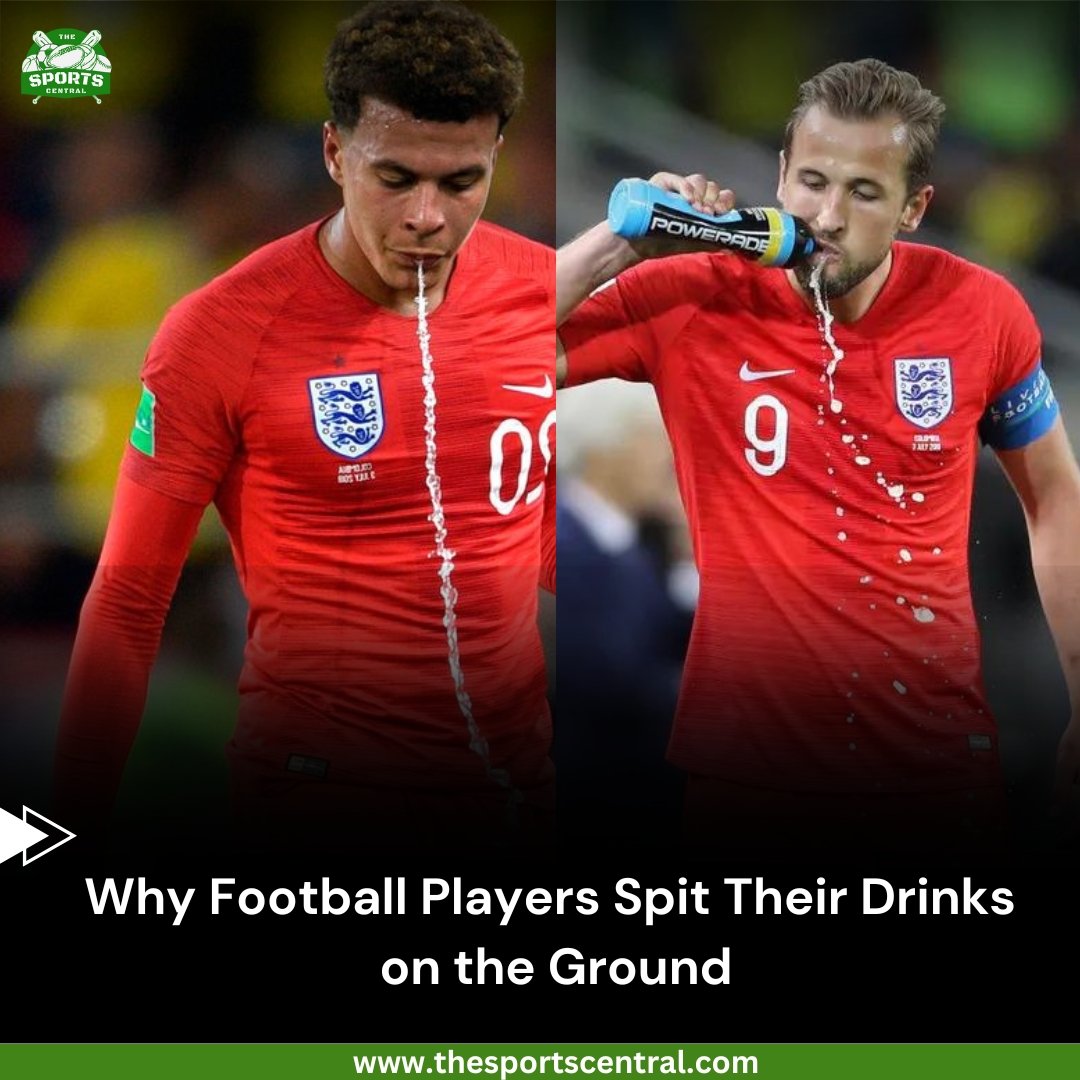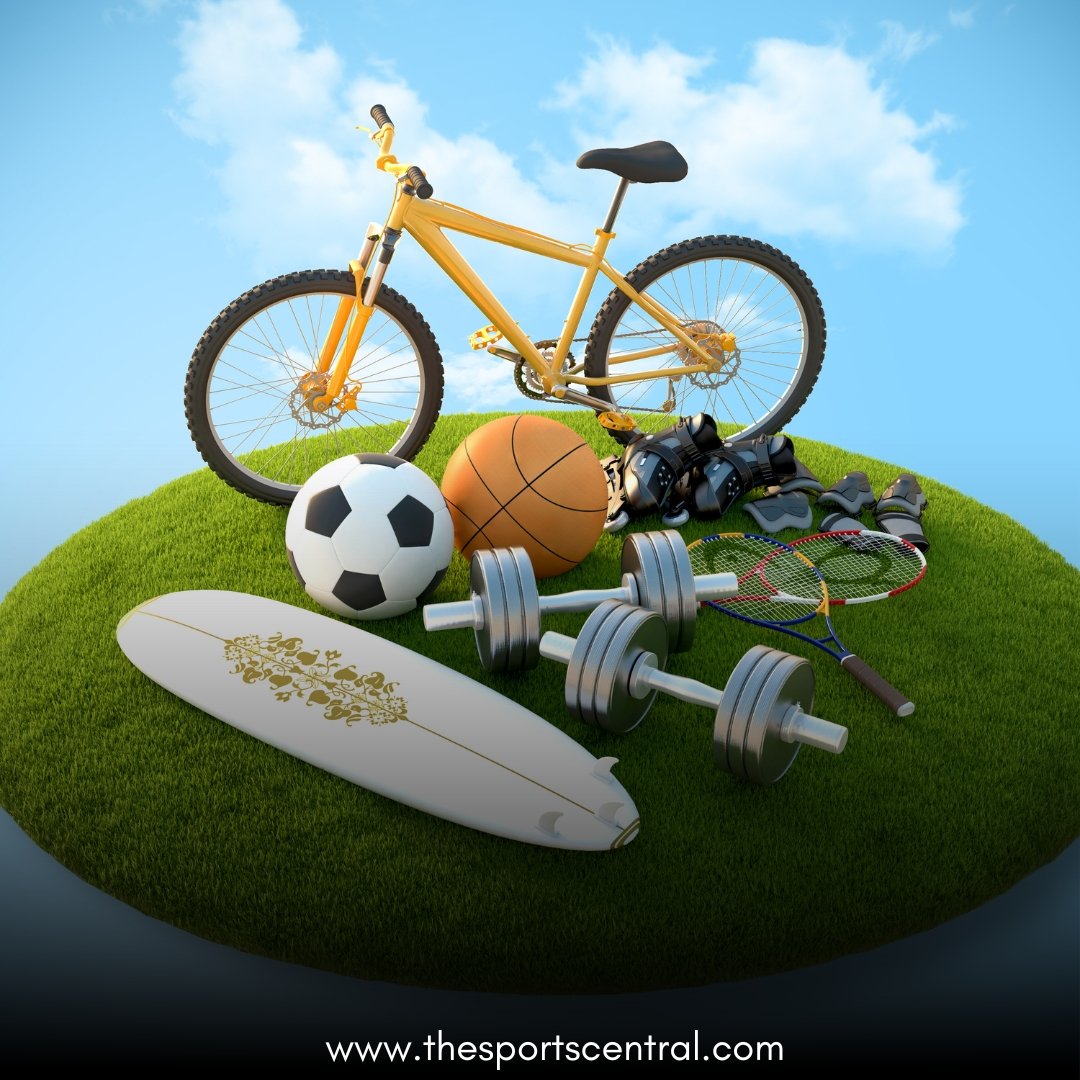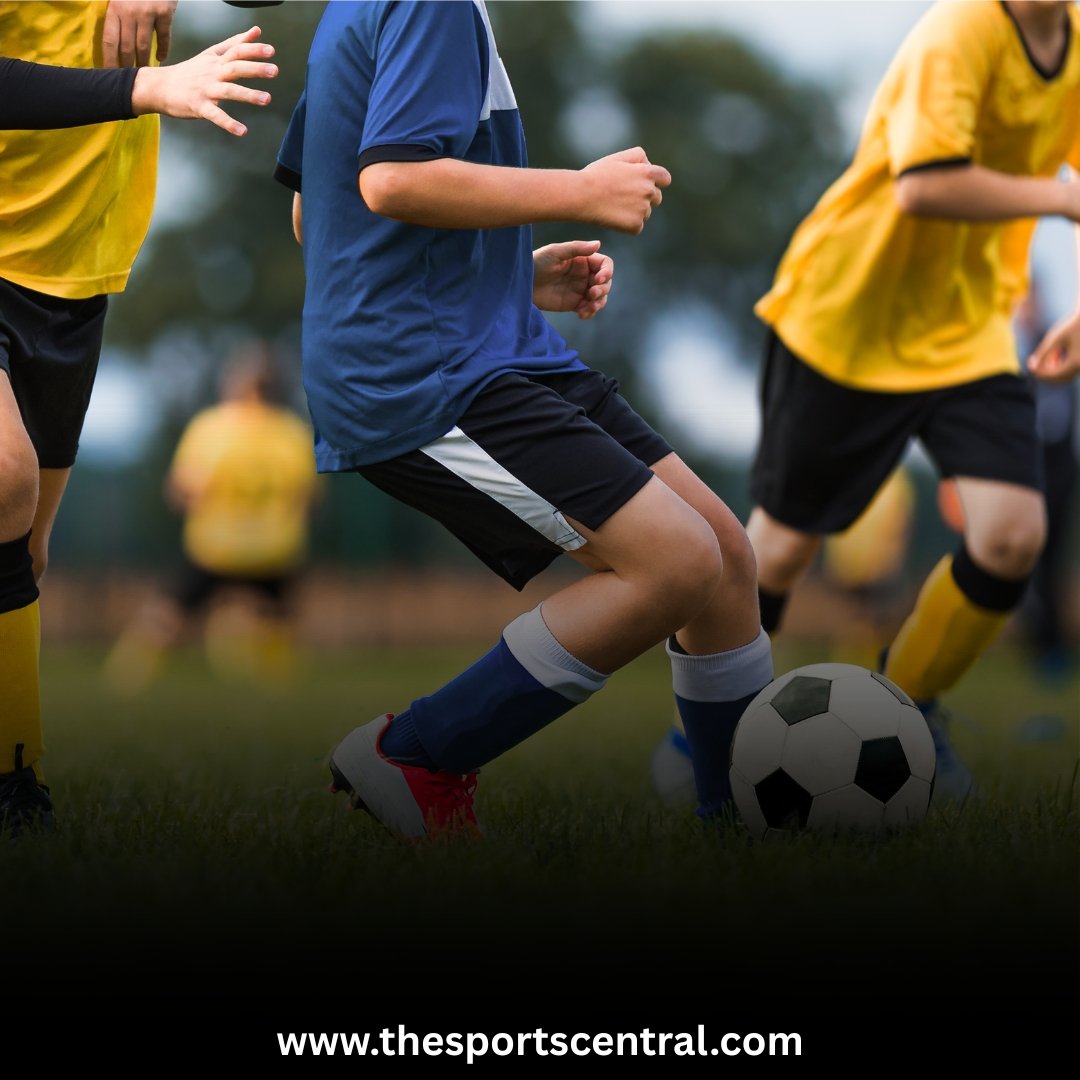Football, known as soccer in some parts of the world, is a sport filled with rituals and peculiar habits. One such habit that often catches the eye of spectators is the sight of players spitting out their drinks during matches. To the untrained observer, this might seem wasteful or unsanitary, but there are several scientific, physiological, and psychological reasons behind this behavior. This article delves into the myriad reasons why football players spit their drinks on the ground.
The Role of Hydration in Football
Before exploring the specific act of spitting out drinks, it’s essential to understand the role of hydration in football. Football is a physically demanding sport that requires players to maintain high levels of stamina, speed, and agility for 90 minutes or more. Proper hydration is crucial for:
Regulating Body Temperature: During intense physical activity, the body produces sweat to cool down. Rehydration helps to replenish lost fluids and maintain optimal body temperature.
Maintaining Electrolyte Balance: Electrolytes such as sodium, potassium, and magnesium are vital for muscle function and preventing cramps. Drinking fluids helps maintain this balance.
Ensuring Cognitive Function: Dehydration can impair concentration, reaction times, and decision-making abilities, all of which are critical in football.
However, the process of rehydration isn’t always straightforward, and this is where the act of spitting out drinks comes into play.
The Science Behind Spitting Out Drinks
Several scientific explanations justify why football players might spit out their drinks rather than swallow them:
- Carbohydrate Rinsing
One of the most scientifically supported reasons is the concept of carbohydrate rinsing. Research has shown that rinsing the mouth with a carbohydrate solution can improve athletic performance. The presence of carbohydrates in the mouth activates receptors that signal the brain to enhance muscular and neurological function, creating a performance-boosting effect even if the solution isn’t swallowed.
How It Works:
Receptor Activation: Carbohydrate receptors in the mouth, particularly those responsive to glucose, maltodextrin, and other sugars, send signals to the brain’s reward and motor control areas.
Brain Stimulation: These signals can improve neural drive and muscle activation, leading to better performance in terms of strength, endurance, and coordination.
Performance Enhancement: Studies, such as those conducted by Dr. Asker Jeukendrup and colleagues, have demonstrated that athletes performing high-intensity activities can benefit from mouth rinsing with carbohydrate solutions.
- Avoiding Gastrointestinal Discomfort
Swallowing large amounts of fluid during intense physical exertion can lead to gastrointestinal discomfort, including bloating, nausea, and cramps. Spitting out the drink allows players to moisten their mouths and gain some hydration benefits without risking stomach upset.
Key Points:
Reduced Stomach Volume: Keeping the stomach relatively empty helps prevent discomfort and potential performance impediments.
Comfort and Focus: By avoiding ingestion, players can stay focused on the game without being distracted by gastrointestinal issues.
- Managing Fluid Intake
In some scenarios, players might already be adequately hydrated but still feel the need to rinse their mouths due to dryness or a parched throat caused by heavy breathing. Spitting out the drink in such cases helps manage fluid levels and prevents overhydration, which can lead to hyponatremia (low sodium levels in the blood).
Balance is Key:
Avoiding Overhydration: Excessive fluid intake can dilute blood sodium levels, causing dizziness, confusion, and in severe cases, seizures.
Optimal Hydration Strategy: Players work closely with sports nutritionists to ensure they maintain the right balance of hydration and electrolyte levels.
- Temperature Regulation
In hot and humid conditions, players might use the act of spitting out cool water or sports drinks as a method to quickly cool down. Applying the liquid to the mouth can provide an immediate sensation of relief from heat stress without the need to ingest large quantities of fluid.
Cooling Effect:
Thermal Sensation: The cool liquid in the mouth can help lower the perceived body temperature, providing a refreshing effect.
Quick Relief: This method allows for rapid cooling without impacting the stomach or overall hydration status significantly.
Psychological and Ritualistic Aspects
Beyond the physiological reasons, there are psychological and ritualistic factors that contribute to why football players spit their drinks on the ground.
- Routine and Superstition
Athletes are often creatures of habit, and many develop specific pre-game and in-game rituals that they believe contribute to their performance. Spitting out drinks might be part of a player’s routine, helping them to mentally prepare and stay focused.
Mental Conditioning:
Consistency: Repeating the same actions can provide a sense of control and stability, crucial in high-pressure environments.
Superstitions: For some players, these actions become superstitious practices believed to bring luck or ward off bad performances.
- Psychological Edge
Seeing teammates or opponents engage in certain behaviors can have psychological impacts. For instance, a player spitting out their drink might be perceived as a sign of intensity, focus, or toughness, potentially intimidating opponents or boosting the morale of teammates.
Mind Games:
Intimidation: Displaying high energy and intensity can make opponents perceive the player as more formidable.
Team Unity: Shared rituals can strengthen team cohesion and create a collective sense of purpose.
Case Studies and Examples
To illustrate these points, let’s look at a few examples of notable football players and their hydration practices:
- Cristiano Ronaldo
Cristiano Ronaldo, known for his meticulous approach to fitness and performance, has been observed spitting out drinks during matches. This behavior is likely part of his comprehensive hydration strategy, which includes carbohydrate rinsing to maintain peak performance levels without compromising his stomach comfort. - Lionel Messi
Lionel Messi, another football legend, often uses minimalistic hydration practices during matches. Messi’s approach includes small sips and occasional spitting, balancing hydration with comfort, particularly in high-stress scenarios where maintaining focus is critical. - Endurance Athletes
While not football players, endurance athletes like marathon runners and cyclists also use carbohydrate rinsing techniques. Studies on these athletes provide valuable insights into how mouth rinsing can enhance performance in sports requiring sustained effort and concentration.
Practical Implications for Teams and Coaches
Understanding the reasons behind why players spit their drinks can inform better hydration strategies for football teams. Coaches and sports nutritionists can tailor hydration plans to individual player needs, considering factors such as playing position, weather conditions, and personal preferences.
- Customized Hydration Protocols
By incorporating mouth rinsing techniques and managing fluid intake, teams can optimize player performance and reduce the risk of gastrointestinal issues. Personalized hydration protocols ensure each player receives the right balance of fluids and electrolytes.
Implementation Strategies:
Pre-Match Assessments: Evaluate player hydration status before games to tailor fluid intake.
In-Game Adjustments: Monitor environmental conditions and player responses to adjust hydration strategies dynamically.
- Educational Programs
Educating players about the science behind hydration and the benefits of carbohydrate rinsing can enhance compliance and effectiveness. Understanding the physiological and psychological benefits encourages players to adopt these practices consistently.
Awareness and Training:
Workshops and Seminars: Regular educational sessions can keep players informed about the latest hydration research.
Practical Training: Simulated game scenarios can help players practice and refine their hydration techniques.
- Collaborative Approach
A collaborative approach involving coaches, sports scientists, and nutritionists can create comprehensive hydration strategies that address both physical and mental aspects of performance.
Team Coordination:
Integrated Planning: Develop cohesive plans that integrate hydration with overall fitness and performance strategies.
Continuous Monitoring: Use technology and data analysis to track hydration levels and adjust protocols as needed.
The act of football players spitting their drinks on the ground is a complex behavior influenced by physiological needs, scientific strategies, and psychological factors. From carbohydrate rinsing and managing gastrointestinal comfort to maintaining hydration balance and adhering to rituals, this practice is far from arbitrary.
By understanding the reasons behind this behavior, coaches, teams, and fans can appreciate the meticulous planning and scientific insights that contribute to optimal performance on the field. As football continues to evolve, integrating these hydration practices into broader training and performance strategies will remain crucial for players aiming to perform at their best.
This comprehensive exploration highlights the multifaceted nature of a seemingly simple act, shedding light on the sophisticated approaches athletes use to stay at the top of their game.
write your review for us at Google reviews.











An interesting discussion is worth comment. I think that you should write more on this topic, it might not be a taboo subject but generally people are not enough to speak on such topics. To the next. Cheers